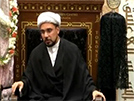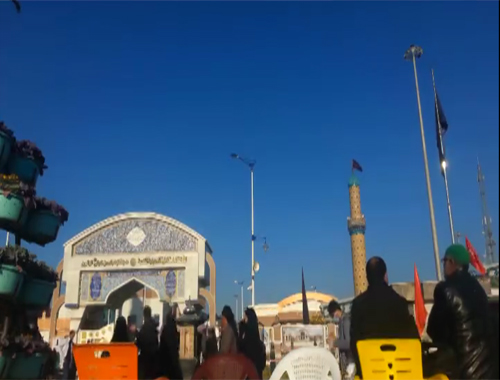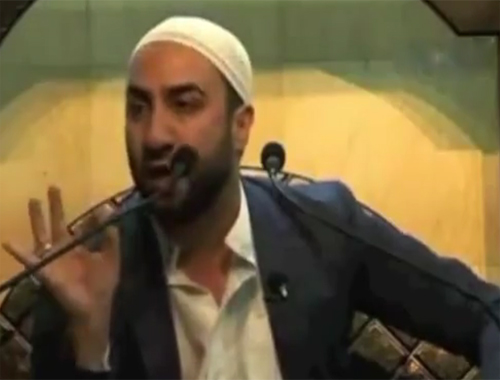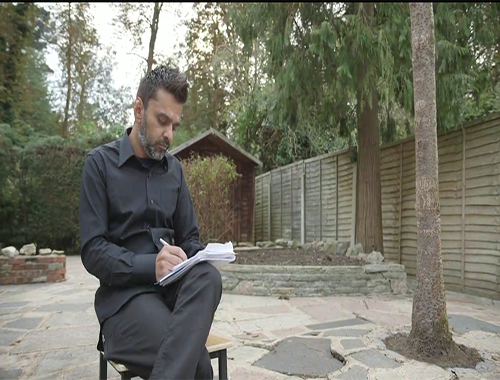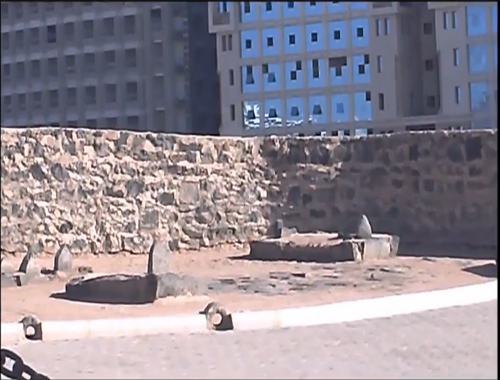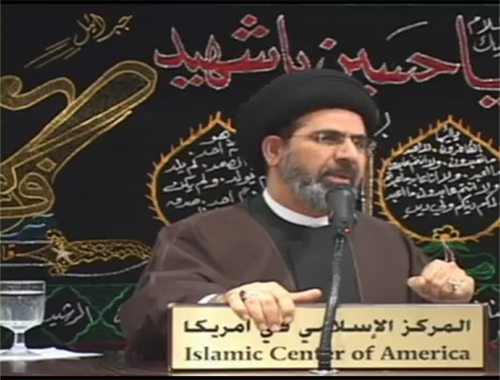Traditions must be quoted with the chain of narrators
- Details
- Hits: 1824
Traditions must be quoted with the chain of narrators
Numerous traditions are found in the books and one is not sure whether they are authentic or not. In this case one can give the name of the narrator and also provide the title of the book as reference. However one must be certain that the tradition is not against the Zururiyat ad-DÄ«n, (the necessities of Faith). If there is anything against the basics of the principles of religion it is most certainly a fabricated tradition. Similarly there must not be any sort of disrespect to the Ma’sÅ«mÄ«n (a.s.), nor should the tradition be against reason. Lastly as a precautionary measure one must quote only from the reliable books.
The fifth Holy Imam, Imam Muhammad al-Baqir (a.s.) has said:
“And do not quote (a tradition) except from a reliable authority, otherwise you will fabricate a great falsehood. And falsehood debases you (in the sight of Allah and His creatures).”
(Kashful Muhajja)
The Sermon of Amir ul-Mu’minÄ«n ‘Ali (a.s.) to Harith al-Hamadani also contains the following advice:
“Do not quote everything circulating among the common people. It suffices to be a falsehood.”
(Nahjul Balagha)
Hence whenever quoting a tradition it is necessary to mention its source. Not a single word must be deleted or added, and not even a single word must be replaced, because in all such cases it would amount to attributing falsehood to the Ma’sÅ«mÄ«n (a.s.).
The honourable Prophet (S) is reported to have said:
“One who attributes something to me, which I have not said, shall sit in the Fire.”
(Wasa’il ul-Shia)
Aqa NÅ«ri writes in his book DÄrus SalÄm:
“A person came to Aga Muhammad ‘Ali a pious scholar and author of the book Magame, and said:
“I dreamt that I am tearing at the flesh of Imam Husain (a.s.) with my eenth. What is the interpretation of this dream?”
Aga Muhammad ‘Ali pondered a while and then said:
“You must be a preacher, relating the tragedies (Masaeb).”
The man replied in the positive.
Aga Muhammad ‘Ali told him, “Either you give up this profession or quote only from reliable books.”
Another similar anecdote is recorded in the book, Shifaus-sudoor. A preacher was reciting a majlis in the presence of Ayatullah Al-Haj Muhammad IbrahÄ«m Kalbasi. He was saying that Hazrat Imam Husain (a.s.) said, “Zainab, O! Zainab.”
Upon hearing this Ayatullah Kalbasi loudly exclaimed, “May Allah break your mouth! Imam (a.s.) did not say ‘Zainab’ twice, he had said it only once.



